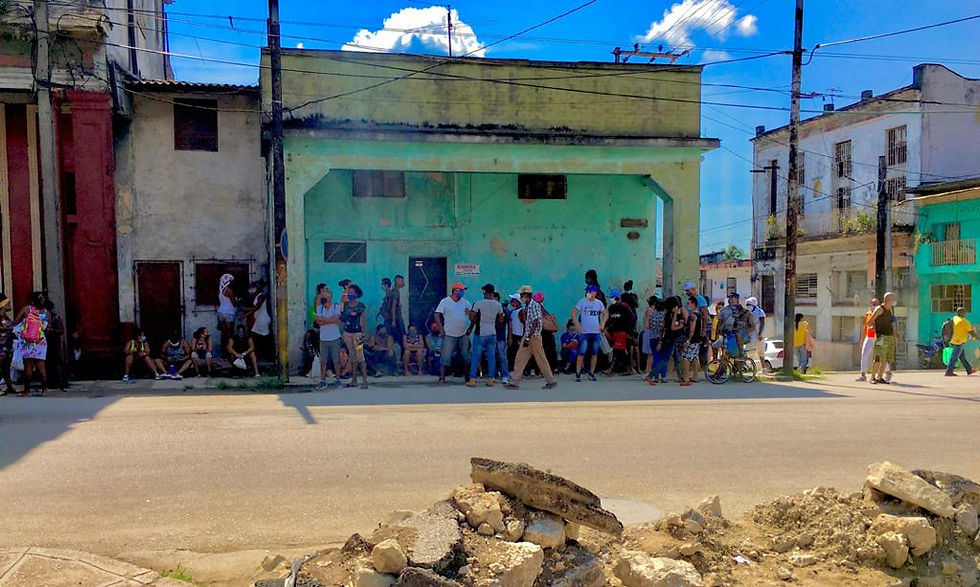HAVANA, A BOOK & MEMORIES
- Cuba Travel
- Jul 28, 2019
- 2 min read

MELANCHOLY IN HAVANA
There is a man I am always falling for. Through him I encounter a new city, always at night, illuminated by street lights, and reclusive. These encounters with this man and the cities he introduces me to only last a few pages, never more than five or six. At my gentle pace I always get distracted by something, or have doubts, about a bar, or a club, or a drink he orders, or a suit he wears, and even about how many times he has walked by the sea. The man I speak of is no longer alive, he is in a book that I reread over and over again, sometimes backwards, to learn about the city of Havana that existed before my time. The man is Guillermo Cabrera Infante.
The memories that this man provokes in Cuba are irreconcilable, and range from adoration to abomination. Obviously I do not abhor him. His cynicism, irony, and his convoluted way with words fascinate me. His most celebrated book, “Tres Tristes Tigres,” was inspired by the short film “P.M.,” which was produced by his brother Saba Cabrera and Orlando Jimenez, and censured by the Cuban government. Published under his pen name of G. Cain, the novel dealt with nightlife of 1950’s Havana, a subject that was deemed taboo by the Revolutionary government. Thus was born “Tres Tristes Tigres,” “Three Sad Tigers,” a novel, or book as Mr. Cabrera Infante always preferred. It was published by him from exile in 1965.
Whenever I take a taxi from San Lorenzo going from the Vedado neighborhood to Central Havana I am reminded of the curious sensation of experiencing another’s déjà vu. On my left I discover the sea, a surprise discovery that is almost instantly interrupted by the old buildings of San Lazaro, which break up the view of the malecon. I could relive those pages a hundred times! It always makes me laugh, the surprise, the nostalgia for something I never experienced, the endless neon lights, the smell of the ocean, the old cars, which in many cases are from the 1950s, the nightclubs that never close, the love affairs, a sunset, life…
Jenny




Comments